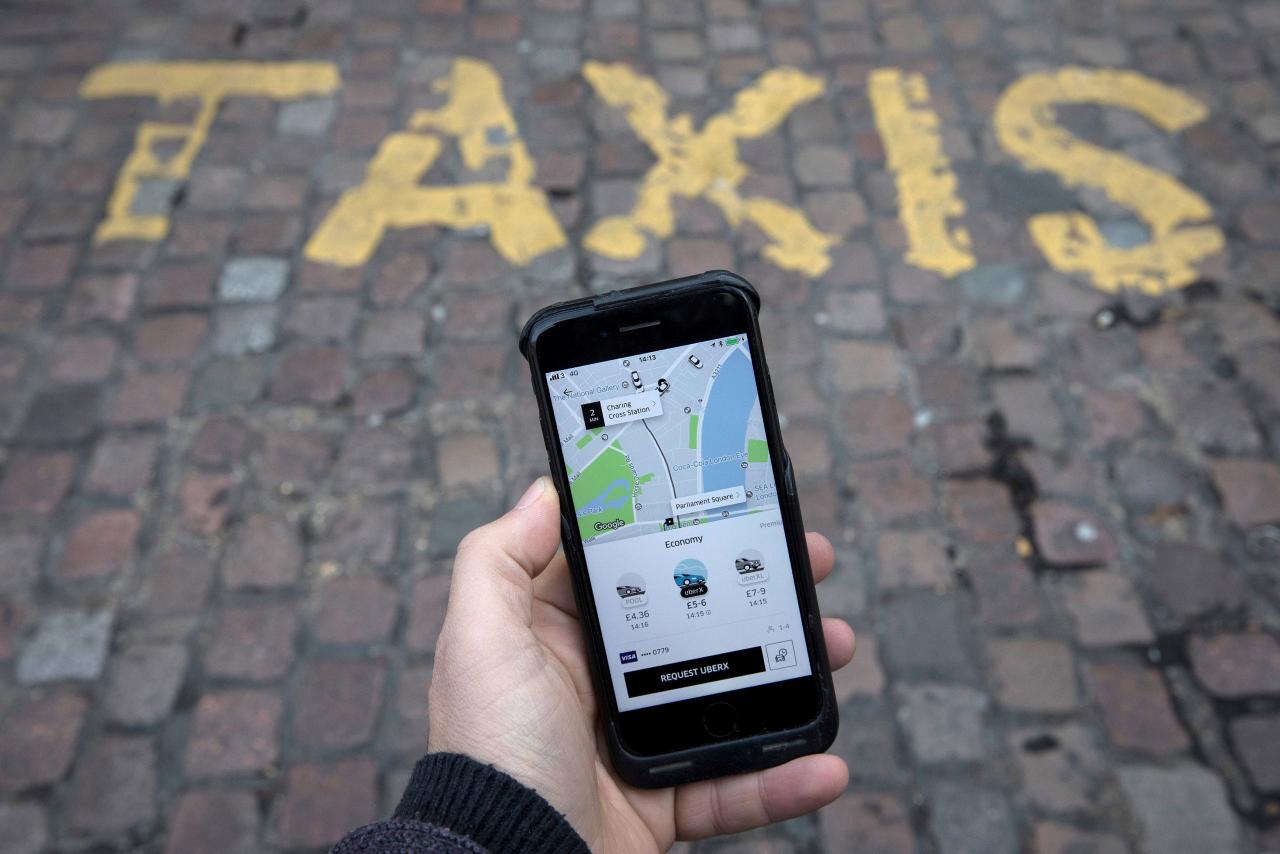SoftBank is now Uber's largest shareholder as deal closes

SAN FRANCISCO (Reuters) - A group of investors led by SoftBank Group Corp closed a deal with Uber Technologies Inc on Thursday, making SoftBank the largest stakeholder in the ride-services firm and providing a much-needed boost to controversy-ridden Uber.
The deal includes a large purchase of shares from existing Uber investors and employees at a discounted valuation for the company of $48 billion, a 30 percent drop from Uber’s most recent valuation of $68 billion. These secondary stock sales will be completed by the end of the day Thursday on the Nasdaq Private Market, an Uber spokesman said.
The investor group, which is co-led by SoftBank and Dragoneer Investment Group and includes Sequoia Capital, has also completed a $1.25 billion investment of fresh cash at the other, higher valuation, the spokesman said.
In all, the investors will take a stake of about a 17.5 percent in Uber, with SoftBank keeping 15 percent, becoming the company’s largest shareholder. The investment triggers a number of governance changes at Uber, including the addition of new board members, which take effect immediately.
“This is a great outcome for our shareholders, employees and customers, strengthening Uber’s governance as we double down on our technology investments and continue to bring our services to more people in more places around the world,” said the Uber spokesman.
The official closing of the deal marks the end of a months-long process fraught with infighting among board members.
Power struggles have been fierce - an early and large investor, Benchmark Capital, sued in August to force co-founder and former CEO Travis Kalanick off the board. Meanwhile, Uber has been struggling with controversies including federal criminal probes, a massive data breach and a lawsuit claiming trade-secrets theft.
The board first voted to move forward with the SoftBank investment in October, and the deal at times seemed close to falling apart, until Uber said last month that the investor group had enough willing stock sellers to go through with the transaction.
As part of the terms of the deal, Uber will expand its board from 11 to 17 members including four independent directors, limit some early shareholders’ voting power and slash the control wielded Kalanick, who remains on the board.
Benchmark had also agreed to drop its lawsuit against Kalanick upon completion of the deal.
SoftBank has added two representatives to Uber’s board of directors: Rajeev Misra, who is chief executive of SoftBank’s Vision Fund, a $98 billion tech investment vehicle; and Marcelo Claure, Sprint Corp president and CEO and a member of SoftBank’s board of directors, according to a person familiar with the matter, who was not authorized to speak publicly because the plans are still private.
Uber declined to confirm any new board members.
“Uber has a very bright future under its new leadership,” Misra said in a written statement, referring to new Uber CEO Dara Khosrowshahi, who helped broker the deal and benefits from the new governance changes.
Misra wants Uber to focus on growing in the United States, Europe, Latin America and Australia - not Asia, which has been among the most costly and competitive regions for the ride-services firm, according to the source. Such a change could help Uber achieve profitability more quickly, but could also signal a retreat from some of the biggest transportation markets.
SoftBank also has stakes in China ride-hailing app Didi, India’s Ola and Southeast Asia’s Grab, all of which compete with Uber in the region.
The Financial Times first reported Misra’s comments earlier Thursday.
SoftBank had no trouble drumming up interest among shareholders, as many investors and employees were unable to sell as many shares as they would have liked because SoftBank had put limits on how much it would buy.
Kalanick sold nearly a third of his 10 percent stake in the ride-services company for about $1.4 billion, according to another person familiar with the matter. He had offered to sell half of his shares.







